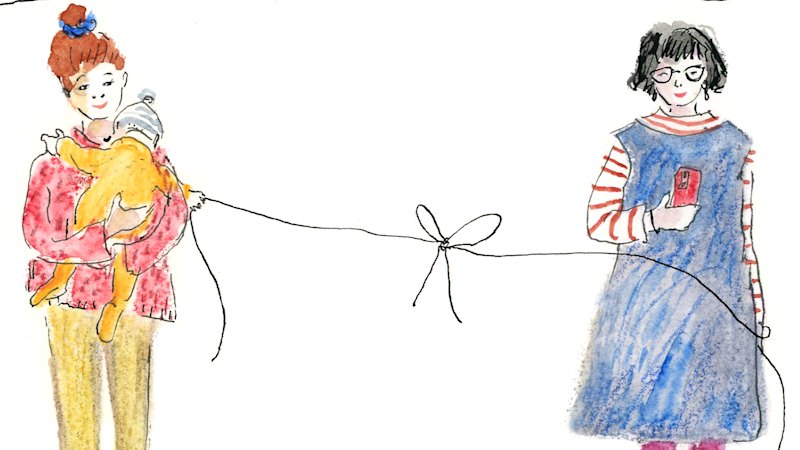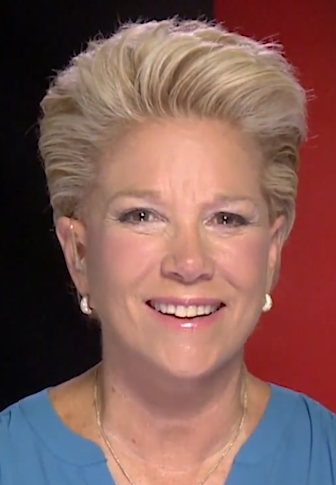
Maintaining friendships can become challenging when one person becomes a parent. A recent exploration by writer Allison P. Davis in the women’s culture website The Cut highlighted this dynamic, coining children as “Adorable Little Detonators” that friendships must learn to survive. The discourse reveals a complex emotional landscape where both parents and their child-free friends grapple with altered relationships.
For many parents, the transition to parenthood often feels disorienting. They describe a sense of drifting from their former lives, struggling to articulate their experiences to friends who do not share the same journey. This disconnection can lead to feelings of resentment on both sides, as child-free friends may feel sidelined or dismissed by their parenting counterparts.
In her piece, Davis illustrates how this shift in relationships is not just a personal struggle but a societal observation. She notes that friends without children often hear sentiments from their parenting friends expressing envy for their flexibility and freedom, while simultaneously feeling that their own lives lack the significance of parenthood.
Lessons from Fiction: Finding New Models of Connection
A reflective moment while watching a classic episode of Sex and the City provided Davis with fresh insights into navigating these friendships. In the episode titled “Critical Condition,” characters Miranda Hobbes and Samantha Jones exemplify contrasting approaches to friendship during a time of life changes.
Miranda, a new mother, is overwhelmed with the demands of motherhood, struggling to balance her professional life with her new responsibilities. Conversely, Samantha, who has no desire to change her lifestyle, questions why her life should be affected by her friends’ choices to have children. This dynamic illustrates the tension that often exists between parents and their child-free friends, as both parties attempt to understand each other’s realities.
Davis emphasizes that the narrative of friendships changing due to parenthood is not just a cliché; it is a real concern for many. The fear that child-free friends might harbor unspoken judgments towards parents can strain these relationships further.
Exploring New Ways to Connect
As discussions around this topic continue to evolve, it is essential for both parents and non-parents to find common ground. One way to bridge the gap is through open communication, where both sides express their feelings and concerns openly.
Establishing new routines that accommodate both lifestyles can also help. Parents may invite their friends to family-friendly events, while child-free friends can offer to meet during less chaotic times. This mutual effort can create a more inclusive environment where both parties feel valued and understood.
As society continues to navigate the complexities of modern relationships, the insights shared by Davis resonate with many. Friendships can survive the introduction of children, but they may require new frameworks for interaction. The experiences of characters like Samantha and Miranda serve as reminders that understanding and adaptability are crucial in maintaining meaningful connections, regardless of life choices.
Ultimately, the journey of friendship is an evolving narrative. By embracing change and fostering empathy, friends can find ways to stay close, even in the face of life’s significant transitions.





